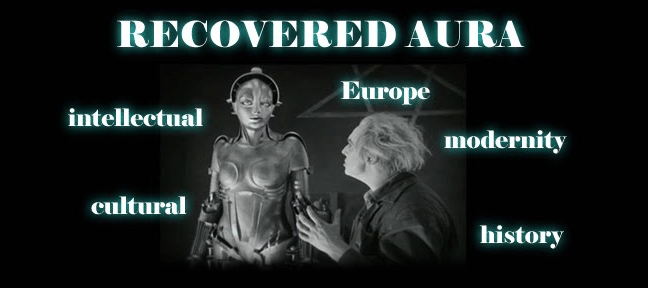First, some discussion questions from Group 3:
1. What does Mill believe the only purpose for which power can be rightfully exercised over any member of a civilized community against his/her will? (pg.9)
2. What may occur to the human race, according to Mill, if authority suppresses opinion? (p.16)
3. Mill states that if authority does silence opinion/expression then they are summing two things, what are they? (p.16/17)
4. Why does Mill believe that government by a democracy ever did or could, rise above mediocrity? What is at the heart of this problem? (p.63)
5. When does society have jurisdiction over a person’s conduct? Then what is the question to do with that authority? (p.73)
6. The Golden Rule is that we should treat others the way we want to be treated. What would Mill have to say about this rule? (Chapter 1)
7. What does Mill think about Christianity and religion in general?
8. How do Mill’s ideas of individualism and liberty relate to the Zola’s Preface?
9. How does The Ladies’ Paradise (the actual store) hurting business for all of the local shops relate to the idea of majority rule over minority rights?
Here are my questions, below. As usual, you may respond to any of the questions (from the group or from me).
1. Mill's book is called On Liberty; so what kind of liberty? Physical or mental? Positive or negative? Whose liberty is Mill concerned with? How does Mill’s concept of liberty compare or contrast to those of the French Revolutionaries, Burke, or Marx?
2. By what principle should freedom be limited, according to Mill? How does this look in practice? Discuss one contemporary moral or political debate where this principle might be applied -- the more provocative the better. (For his examples see Ch. 5; do these work?)
3. His basic argument is simple enough. But what sorts of arguments does he offer to support it? What is wrong with preventing liberty of thought and expression, for example? Why does society constantly need opposition, even after a good system has been discovered (see Book II)? Does Mill’s theory depend on an idea of progress, or even providence, underneath the apparently simple appeal to utility?
4. Is Mill especially concerned with Rights? What does he think of natural rights or of social rights, and why? If he disagrees with natural rights theory, does he do so in the same way as Burke or Fichte?
5. In Book III, Mill introduces his readers to Wilhelm von Humboldt, the founder of the university of Berlin; what does Mill want us to take from German philosophy for his argument? Is this ecstatic, almost religious celebration of individuality really an argument about human nature?
6. But Book III also shows us Mill’s more elitist side: Why is he against the tyranny of the majority? How does he feel equality is to be balanced with liberty? Does the special status of the original individual or “genius” necessarily come at the expense of everybody else?
7. Who is left out, or denied liberty, in Mill’s argument? Why aren’t certain groups entitled to liberty? Do you agree with the ways he limits liberty, or do these limitations, especially those regarding “barbarians,” undermine the validity of his argument?
Regarding Zola, The Ladies' Paradise:
8. Make a list of the metaphors used to describe the big department store. What ideas or feelings about it does Zola want to create? Does Zola's description of the store's effect on the neighborhood reflect a theory of progress, or modernization? That is, are we meant to view the store positively, or negatively, or somehow both?
9. Note the description of the mannequins (dummies) on p. 6. Is there some larger message about women in late-nineteenth-century French society that Zola is getting at here? What does Zola suggest is the relationship between semi-sexual "seduction" and the store's commercial success?
10. Zola also carefully contrasts the Baudus and other keepers of small shops to the new department store. How does Zola use description, detail, metaphor, and dialogue to communicate this difference? What broader historical and social trends is he outlining here? (See especially Baudu's rant on 23-26.)
11. In Zola's statement of his theory of writing novels (Preface to second edition of Thérèse Raquin, in the reader) he claims his goals were "scientific." What does he seem to mean by this?
12. How does Zola's statement of novel-writing theory help you interpret the portion we've read from The Ladies' Paradise?
Sunday, February 28, 2010
Subscribe to:
Post Comments (Atom)

No comments:
Post a Comment